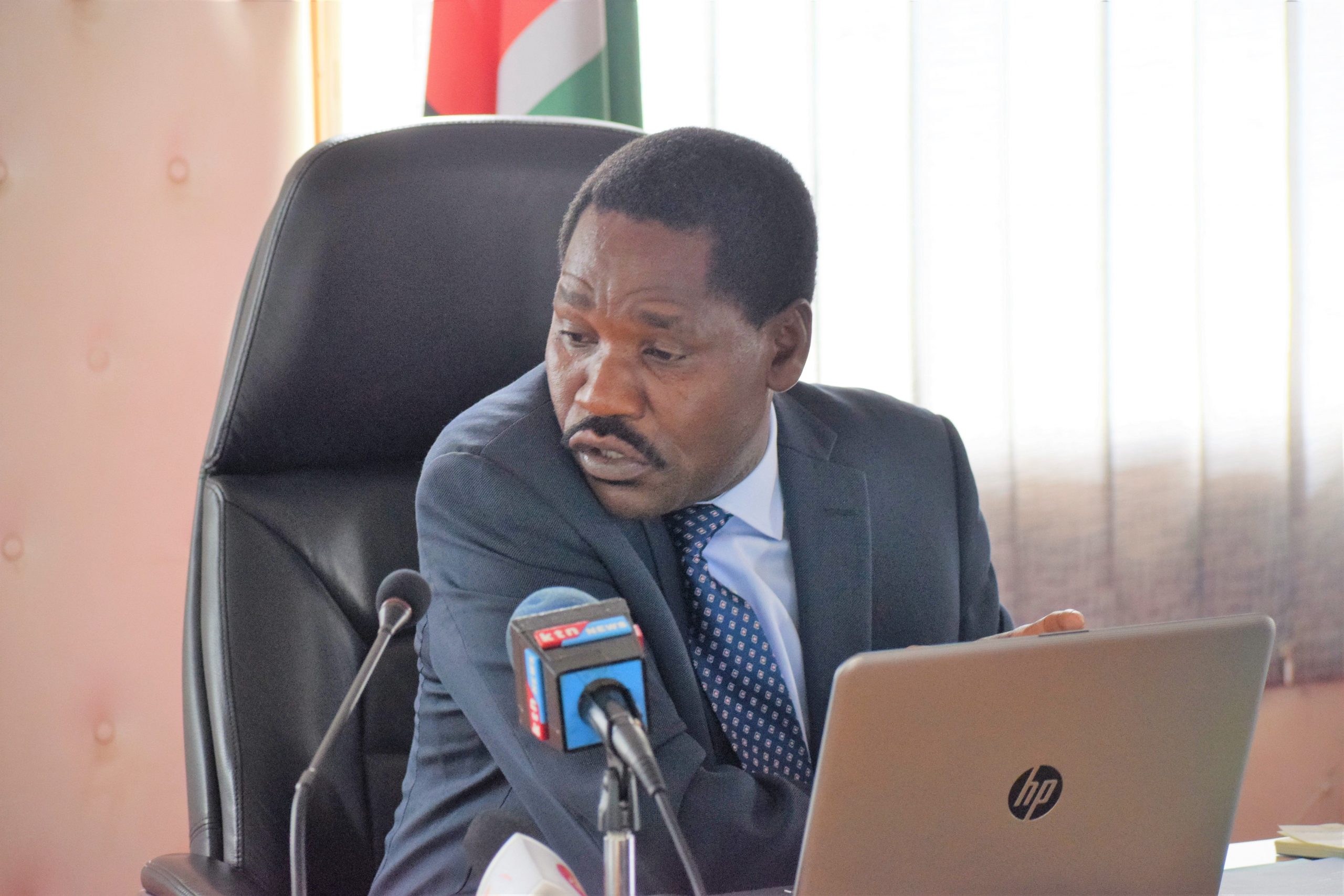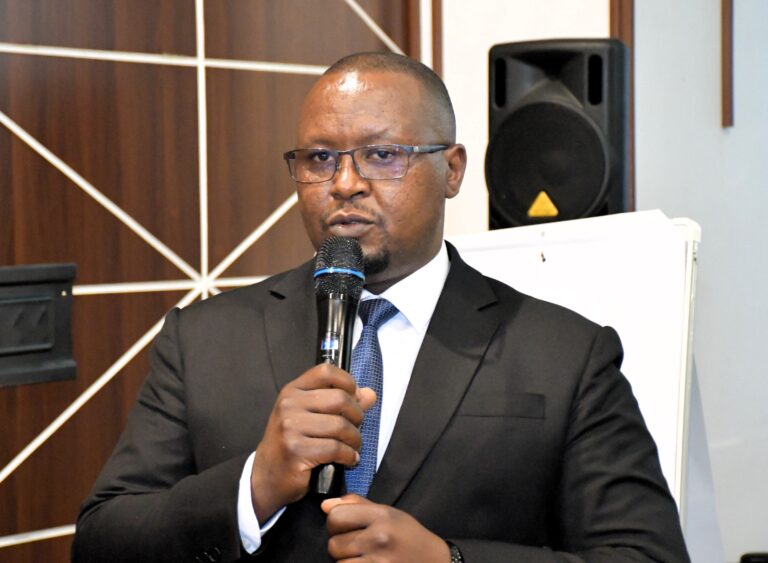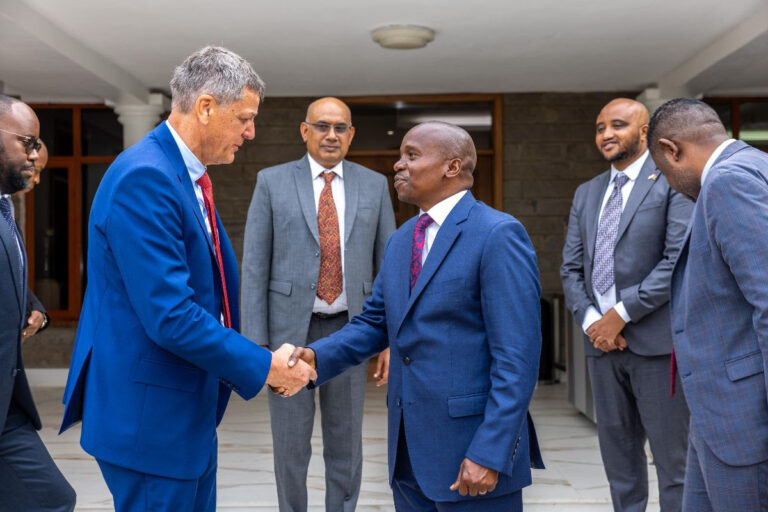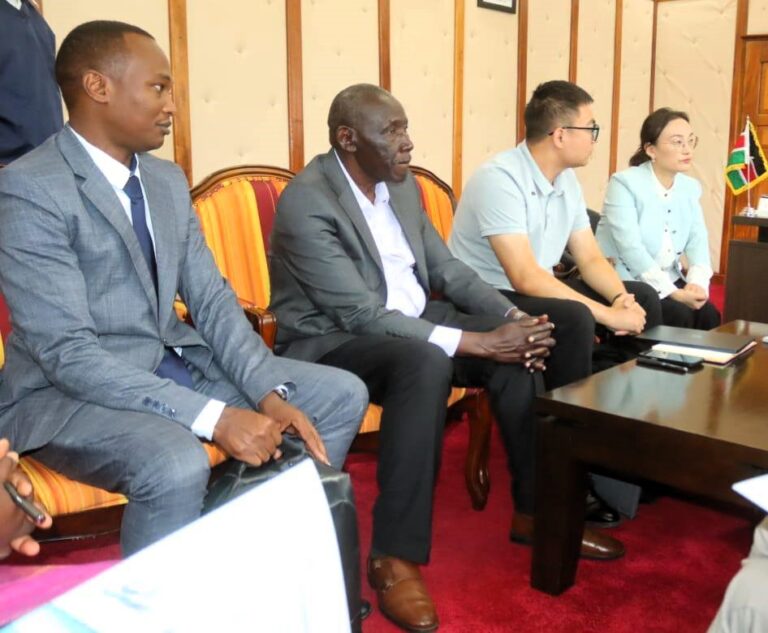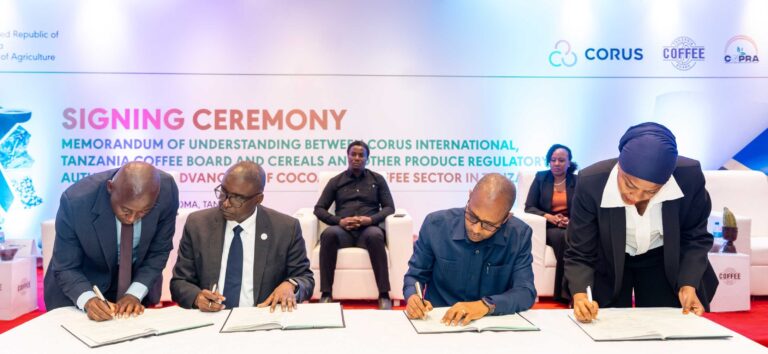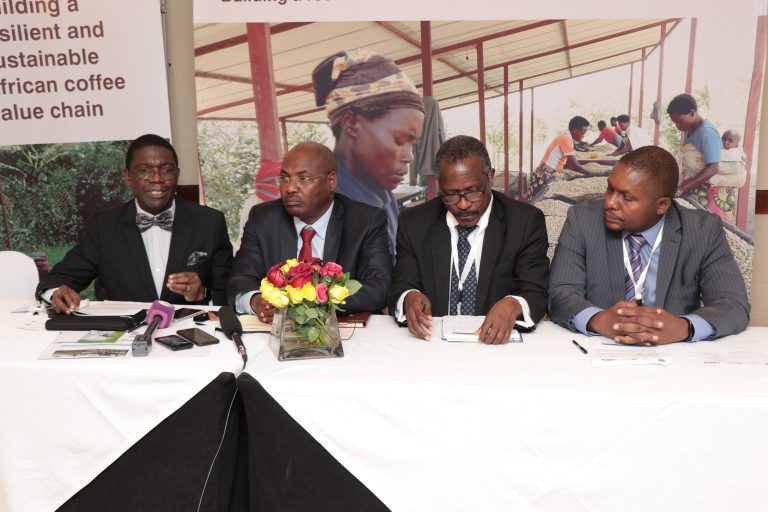A coffee revitalization programme covering 8 coffee growing areas has been launched by the Cabinet Secretary of Agriculture, Livestock, Fisheries and Cooperatives Peter Munya today.
The programme is a partnership between the Ministry and the World Bank to support coffee revitalization to a tune of Kshs. 1.5 billion in phase one in two years. Phase one will cover Kiambu, Murang’a, Nyeri, Kirinyaga, Machakos, Embu, Tharaka Nithi and Meru Counties. The CS says they started with these counties as they account for 70% of the coffee produced in the country and they are also facing a lot of coffee challenges. Phase 2 is expected to start in September. The 8 Counties have agreed to inject additional money to the project depending on the amount of coffee each county produces. Murang’a and Kirinyaga will contribute Kshs. 100 million while the least that will be contributed will be Kshs. 50 million.
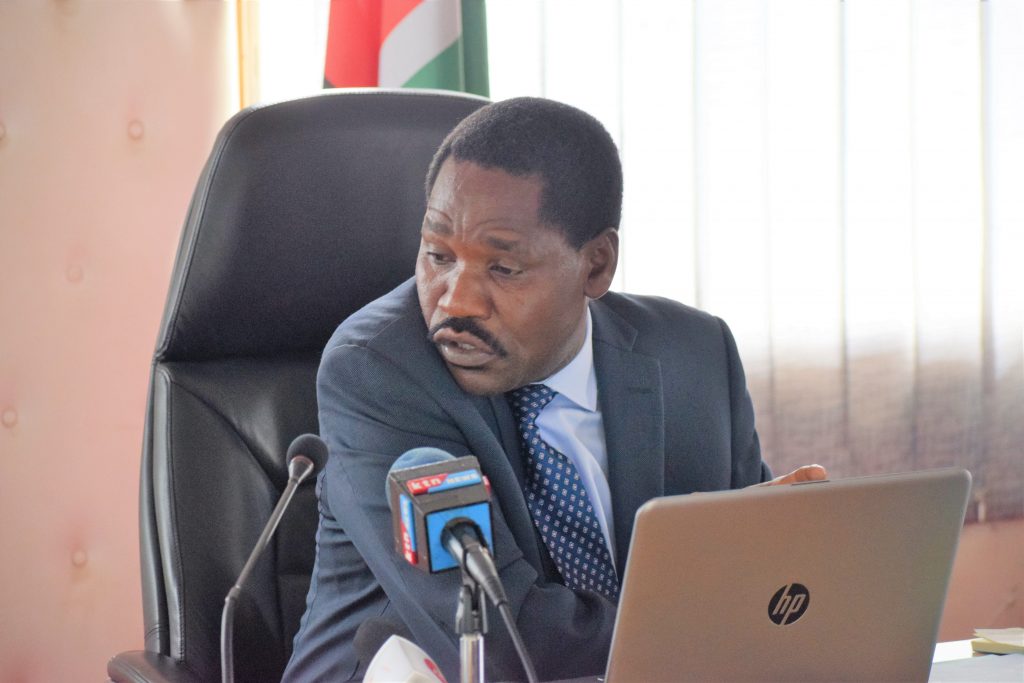
The CS says the programme will be implemented in the spirit of implementing the recommendations of the coffee task force that was appointed by the President. The programme will be undertaken through ongoing World Bank projects, namely the National Agricultural and Rural Inclusive Growth Project (NAGRIP) and the Kenya Climate Smart Agriculture Project (KCSAP).
The programme shall include increasing coffee production and productivity, improving the efficiency of farmer cooperatives societies, supporting research development and technology dissemination, supporting the development of alternative coffee markets and project coordination.
The focus on the four areas in detail will include:
- Increasing production and productivity (fertilizer subsidy and propagation of seeds? Distribution of coffee planting materials ) – 20%
- Enhancing efficiency and primary coffee processing infrastructure and quality of coffee. (automation of cooperatives processes, modernization of equipment) -60% The CS says data gathering and use of IT will be important here especially in areas of the input distribution and offering extension services. “There is no need of moving around with inputs taking them to farmers, with the proper use of technology a farmer can go to the nearest agrovet and collect inputs,” says Munya.
- Strengthening cooperatives institution and cooperatives governance (officials and staff training) – 10%.
- Project coordination (support the integration of database, monitoring and backstopping) – 10%
The Governors of the counties where phase 1 will be undertaken listed various challenges the sector is facing the issue of marketing being universal. Dr. Mutua says middlemen and cartels have taken advantage of farmers in Machakos County hence little money reaches the farmer. The county also needed new seedlings to replace the old coffee bushes. Nyeri Governor Mutahi Kahiga says the greatest challenge they are facing is low coffee production in the county due to farmers neglecting their coffee due to low prices. Kahiga says that women and youth need to be included in the management of coffee cooperatives saying that they have been left out for a long time.
In Kiambu, Governor Nyoro says cooperatives were deep in debt to a tune of Kshs. 150 million. CS Munya says they will work to come up with a cabinet decision on coffee debts saying revitalizing a debt-laden sector is difficult. Cooperative management in Kirinyaga is volatile according to Governor Ann Waiguru and calls on the need to depoliticize cooperative management.
On coffee marketing, CS Munya says there is a need to change the current marketing model as it has not worked. “We must change tact to have a successful model. The current one is not working and we will engage all stakeholders including Governors to get their input on this. However, quality coffee fetches a good price even now and we should ensure our coffee is quality. Arabica coffee is highly sought and if we have our specialty coffee, we will get a good price too,” says Munya.


